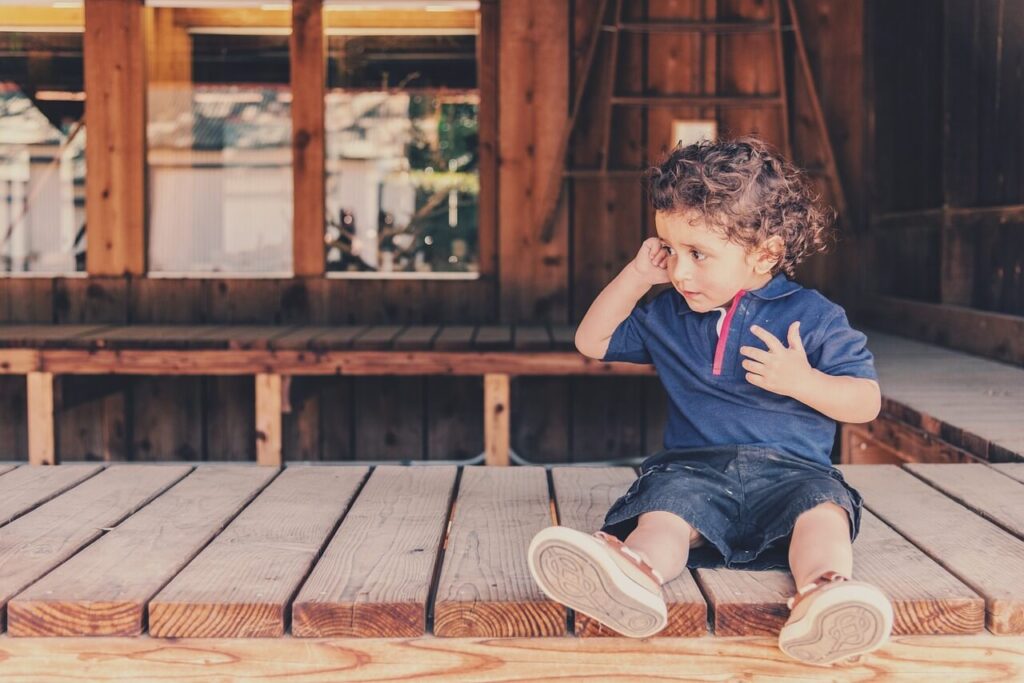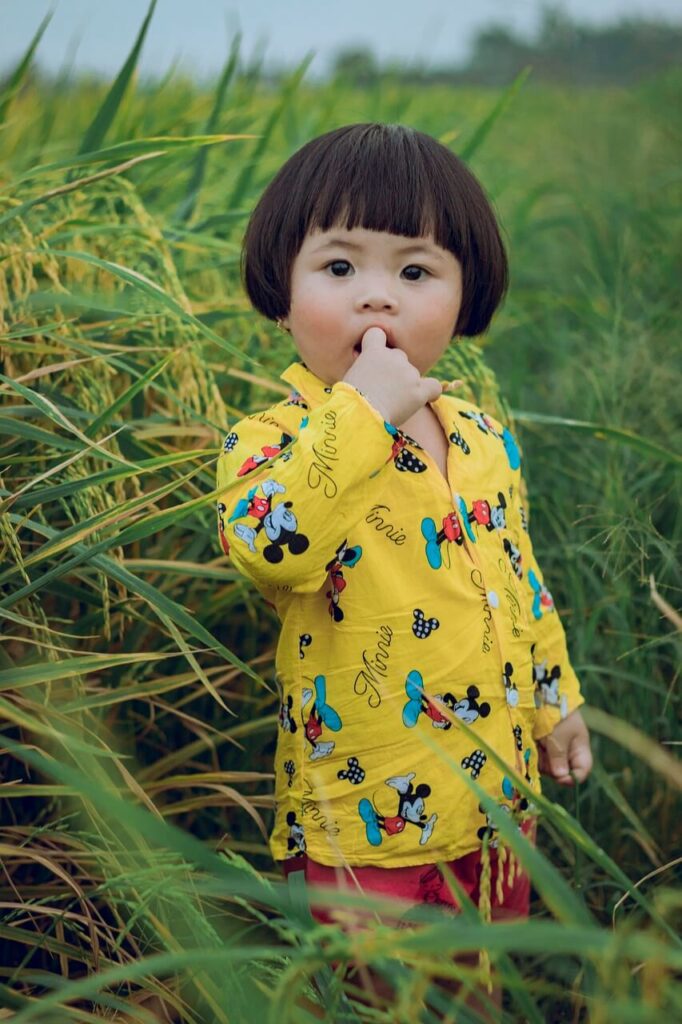
Speech therapy for toddlers! The ad on Instagram caught my attention. The face of a cute 2 year old baby girl came into my mind. During our visit to their house, I noticed that she communicated by pointing to what she wanted, yet she hadn’t started talking. Instead, she expressed herself through actions.
Her mother mentioned that her toddler’s speech development was progressing slowly and attributed much of her time to watching cartoons.
After returning home, I delved into research, or rather, resumed my studies. Here are the findings I uncovered. If you’re a parent of a toddler, I’m confident this will serve as your guiding light in navigating the realm of pediatric speech therapy.
The common word related to toddler speech therapy is a speech therapist. If our baby is slow in developing speech or having slutter, the common question you would get is consult a speech therapist.
Meanwhile, Who is a speech therapist?
A speech therapist is someone who helps people, especially kids, learn to talk better. They teach exercises and activities to improve speaking, listening, and understanding words.
When Should you consider speech therapy for toddlers?

- When your child turns 2, they should start saying two-word phrases like “my ball” or “more cookie.”
- By age 3, most people should understand what your child says.
- Consider speech therapy if your child has trouble following directions, uses fewer words than other kids their age, stutters, struggles with reading or writing, or if others have difficulty understanding them.
- If your child faces teasing or frustration because of how they talk, or if their interactions or play seem unusual, it may also be time to seek speech therapy.
- If people think your child is younger than they are because of their speech, it’s another sign to consider speech therapy.
These are the common red flags you should earnestly consider. However, many parents often attribute speech delay to excessive YouTube or television use. Whether this is true or not, let’s examine the findings of studies.
Does TV lead to speech therapy for toddlers?
A journal called JAMA Pediatrics. They looked at over 7,000 babies born in Japan between 2013 and 2017. The moms-to-be were part of the study, and researchers asked them about their kids’ screen time. They wanted to see if how much screen time babies had affected how they grew and learned.
Screen time meant stuff like watching TV, using phones or tablets, and playing video games. When the babies were 1, the moms said how much screen time they had each day. Then, when the kids were 2 and 4, the parents filled out a questionnaire about their child’s development. They wanted to see how well the kids were talking and understanding words.
Check out what they found in the study!
- They saw that the more time kids spent in front of screens, the more likely they were to have trouble with talking and understanding by age 2.
- Here are the numbers: If babies had up to 2 hours of screen time a day at 1 year old, they were 61% more likely to have trouble talking at 2.
- With 2 to 4 hours of screen time, they were twice as likely to have issues. And if it was over 4 hours, they were five times more likely to have problems.
- The study also checked out other stuff like how well kids could use their hands and how they got along with others.
- They found that if babies had at least an hour of screen time a day at 1, they might not do as well with those skills by 2. But by age 4, screen time didn’t seem to matter as much for those things.
Also Read: Unbelievable Benefits of Outdoor Play
What to expect in speech therapy for toddlers?
- The speech therapist, also known as an SLP, helps your child get better at talking and understanding words.
- They might work with your child in a classroom or with a small group, but usually, it’s just the two of them.
- The activities they do change depending on how old your child is and what they need help with.
- When you talk and play with your child, it helps them learn new words. Sometimes, you might use books or pictures to make it more fun.
- It’s good for kids to practice talking around other kids. It helps their brain get used to using new words.
- The therapist will give you things to do at home with your child to help them with their talking. It’s like homework for speech therapy!